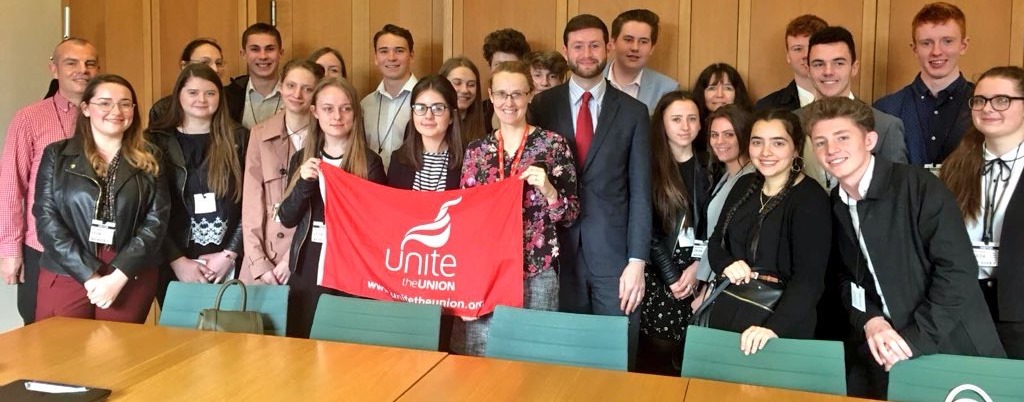Democracy under threat
If experts are right, the upcoming general election in May will be one of the closest races in history, where every single vote really will count.
But under new voter registration reforms, hurriedly pushed through by the current government in a supposed attempt to prevent fraud, nearly one million people – mostly young voters – have fallen off the electoral register.
Under the new registration system, called Individual Electoral Registration (IER), each individual voter must register themselves. Previously, heads of households could register others living under the same roof, which meant that universities could register blocks of students living in student halls.
A recent survey of 373 local authorities found that in 307 of these, the number of registered electors had dropped compared to a year ago. The total number of people estimated to have fallen off the register in the past year is 950,845.
The largest drops in registered voters are concentrated in cities with significant student populations, suggesting that it is young people who are being hardest hit by the latest reforms. These cities include Cardiff, Liverpool, Newcastle, Southampton, Leicester, Nottingham, Brighton, Durham and Hull. And in London alone, almost 100,000 voters have fallen off the register.
In a speech last week at Sheffield Hallam University, Ed Miliband condemned the voter registration changes, saying that the government was warned that rushing through reforms would disenfranchise thousands.
“Having broken their promises on tuition fees to young people, having failed to build the economy that will work for them, having short-changed their future, this is David Cameron and Nick Clegg’s final insult to young people,” he said of IER. “They are sitting by and watching hundreds of thousands of young people in our country lose their sacred democratic rights.”
“We will not allow this scandal to happen and no right-thinking person should either,” he added.
#NoVoteNoVoice
Unite believes registration reforms are a scandal, too, and have so teamed up with others in trying to stop widespread disenfranchisement in the next election.
In conjunction with the Daily Mirror, Mass1, Bite the Ballot and other unions and organisations, Unite has launched the #NoVoteNoVoice campaign, with the aim of registering at least one million people to vote in time for this year’s election.
Although IER has made voter registration tricky, it’s now also possible to register online, which means if you have fallen off the register, it is a relative simple process to get back on it. Not sure if you’re registered? See Mass1’s VoteBooster, a simple-to- use platform that takes you through the registration process every step of the way.
To keep up to date on the latest in the NoVoteNoVoice campaign, which is gaining steady and growing support as the election nears, follow the Twitter hashtag, #NoVoteNoVoice.
Most to gain
Â
Why is it so important that young people vote in May?
Historically, young people are the group least likely to vote. During the last general election in 2010, less than half of eligible young voters between the ages of 18 and 24 cast their ballot, while the average turnout for all other age groups was 65 per cent.
This trend in low voter turnout among young people has ushered in a government that, for the past five years, has been particularly bad for young people. Trebling tuition fees is only the beginning of the woes young people have faced under the current government, and that’s why, argues Unite assistant general secretary Steve Turner, young people have “most to gain” in the upcoming election.
“Under the latest Tory-led registration reforms, the political elite, unable to secure the will of the people, are now engaged in a blatant attempt to disenfranchise millions of people from voting in May,” Turner said. “This is an unabashed ploy to remove from the voting register those who have most to gain from a change in government – young people.
“Under the current government, it is young people who’ve been saddled by thousands in university debt, forced into exploitative rented accommodation without a hope of getting onto the lowest rungs of the property ladder, who face a world of precarious, zero hours, insecure and low wage work,” he added.
Turner, however, was optimistic that young people are more politically engaged now than ever before, and their voting power will prove to be a decisive factor in the election.
“What these cynical politicians have failed to realise is that, come May, both young and old alike, who’ve been trampled under by this Coalition government, are ready and organised for change,” Turner said. “It’s going to take a lot more than sneaky changes to voter registration to stop young people from being heard in this election. We’ve had enough.”
 Like
Like Follow
Follow

